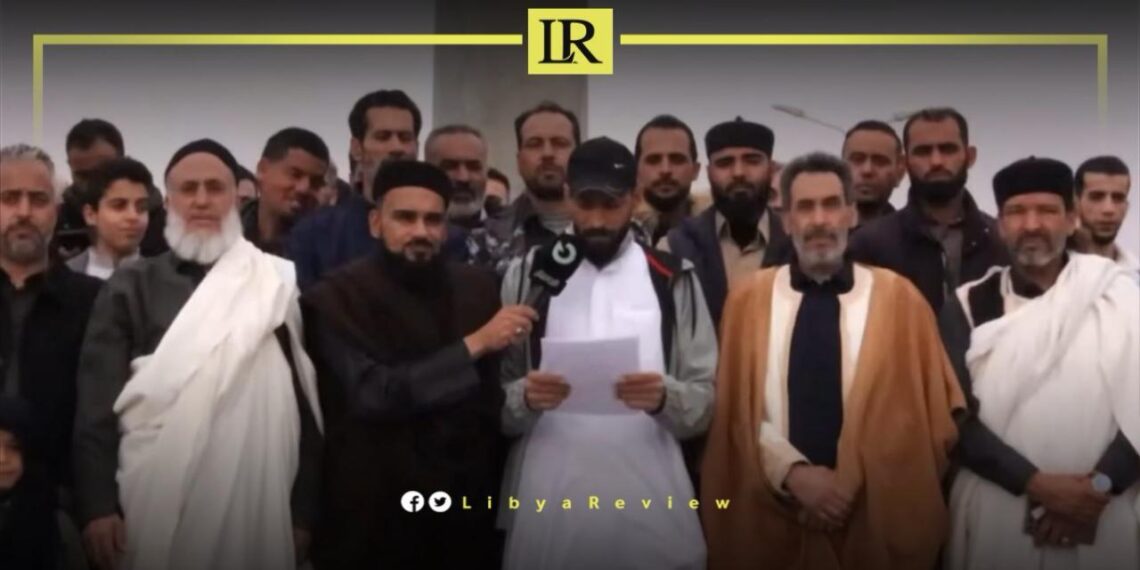In a significant escalation of Libya’s political turmoil, Zintan militias publicly withdrew their recognition of the Government of National Unity (GNU), headed by Prime Minister Abdelhamid Dbaiba, attributing the nation’s deteriorating conditions to its governance.
This announcement, delivered through a video message, characterises the government as a regime dominated by familial interests. It alleges it of mismanaging state resources and pushing public sector employees into dire financial straits.
In addition, they called upon all Libyan people to unite and redirect the course of the revolution for which they have sacrificed immensely, including the lives of their own.
They expressed their determination to escalate their actions, keeping all options on the table until the Tripoli-based GNU is overthrown and all foreign forces are expelled from Libyan soil.
Furthermore, they placed the responsibility for any ensuing consequences squarely on the shoulders of the United Nations (UN) mission in Libya and the international community at large. They are demanding the establishment of a Supreme Council to lead the February 17 Revolution, aiming to steer the country towards free and fair elections.
The GNU, established with the intent to bridge divides and stabilise the nation, faces mounting challenges not only from factions but also from the broader international community’s expectations to lead Libya to a democratic future.
This move by the Zintan militias highlights the deep-seated divisions and ongoing conflict within Libya’s post-revolutionary political scene, further complicating the GNU’s mission to stabilise and unify the country. The call for unity and a return to the revolutionary goals underscores the urgent need for a diplomatic solution that addresses Libya’s political fractures and paves the way for a genuinely inclusive and democratic governance system.


